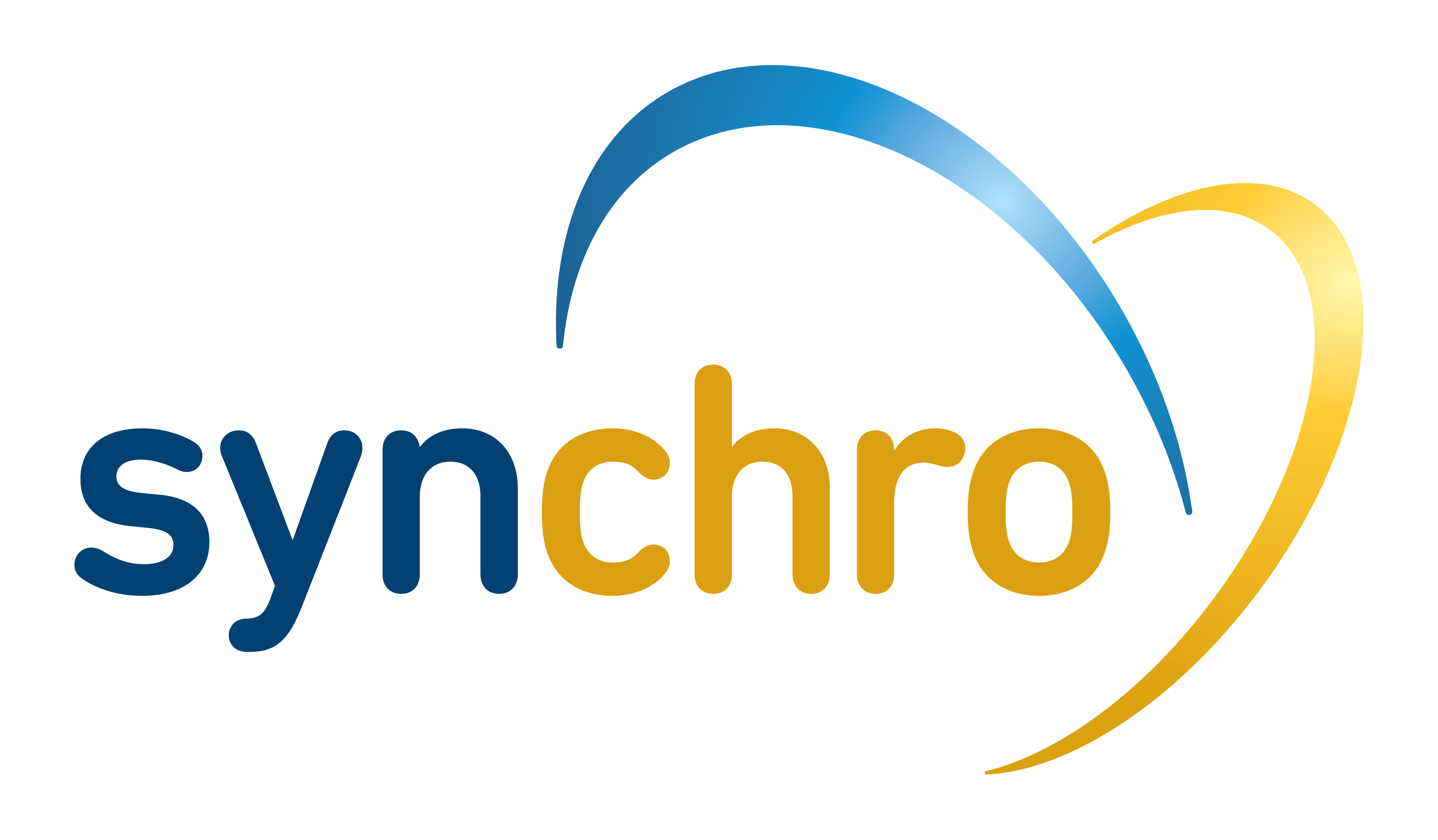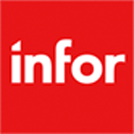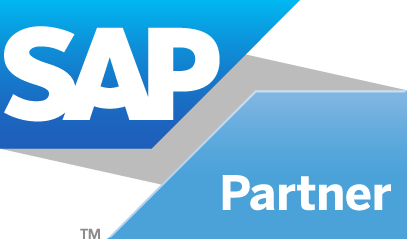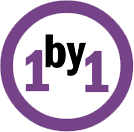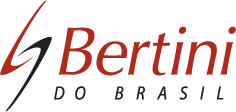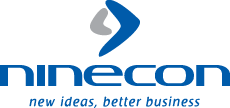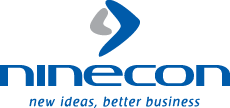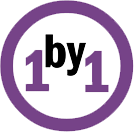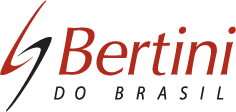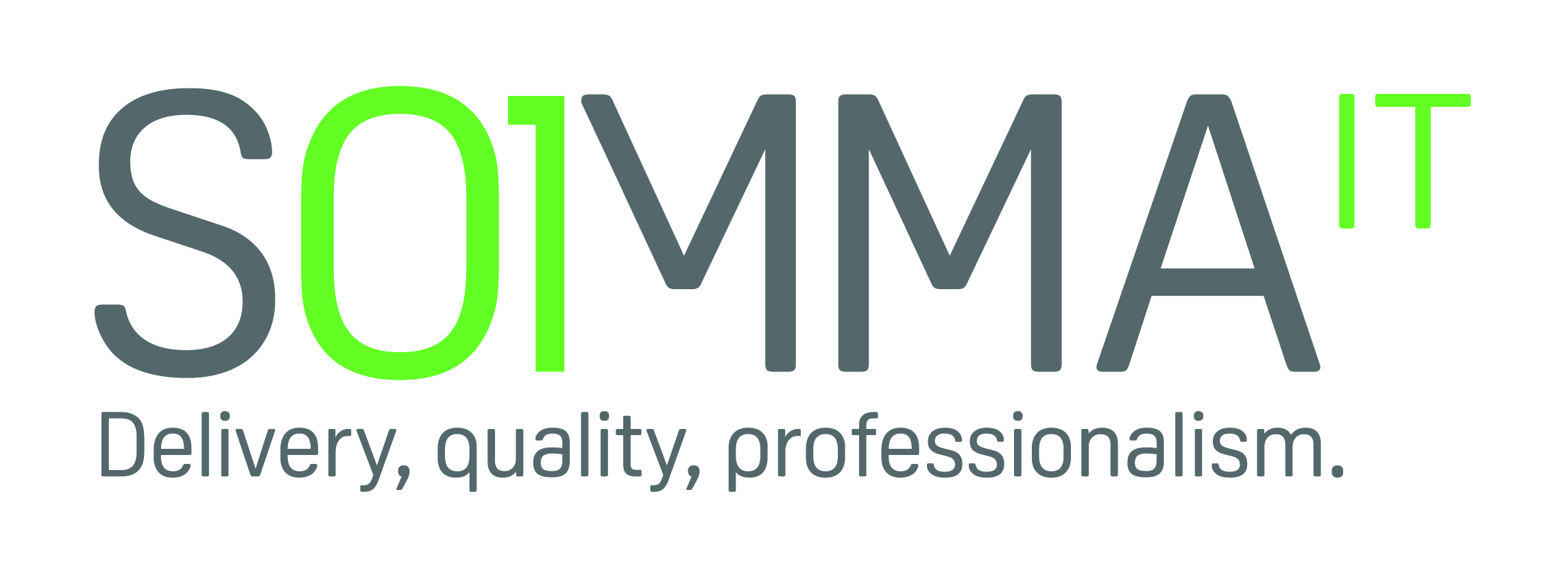About Synchro
Synchro is the country´s largest tax solution provider, with a portfolio of over 320 economic groups, 14,000 users and 44.000 tax establishments.
Since 1991, Synchro has developed solutions that respond with intelligence to Brazil´s complex tax scenario requirements, adding reliability and saving to its customer fiscal and tax management chain.
Purpose:
To be, like Mary, a sign of God in society.
Mission:
Bringing God to people and companies.
Economic activity:
Provide tax compliance
Maximizing the profit/tax burden ratio;
Reducing the risk and cost of non-compliance;
Reducing the cost of compliance (cost to comply).
Values:
Trust
Justice
Careful
Excellence
Family
Synchro has been established in 1991 by professionals with experience in corporate consulting and system development companies. See in timeline our history main milestones:
- Launch of the SynchroConecta program for training and inclusion of professionals in the labor market, in the tax, accounting and related areas.
- Opening of the office in João Pessoa.
- Launch of the Centralize the Company at the Client program.
- Oracle ERP Cloud Integration Certification.
- Diversification of cloud providers with Oracle Cloud Infrastructure - OCI, recognized cloud service available by Oracle Corporation.
- Renewal of Synchro4TDF certification with ECC
- Certification of Synchro4TDF solution with S / 4HANA
- Audit for certification of SOC1 certification.
- Launch of the JovemSyn program to register students of IT technical courses in the workplace.
- Synchro logo review in order to reflect its mission and values more clearly.
- Release of Synchro4TDF solution natively integrated to SAP.
- EFD Reinf solution release.
- ICMS ST credit recovery solution (Recup-ST) release.
- Federal Government formal invitation so that Synchro assisted with PIS/PASEP and COFINS laws and regulations evolution.
- Adoption of controls and policies based on ISO 27001.
- Co-Innovation Lab(CoIL) partnership to TDF and TaaS
- Team qualification process to develop supplementary fiscal solution to TDF.
- Establishment of sixth office in Brazil, in Campinas.
- Oracle R12 Integration Ratification.
- Tax Portal Release.
- ECF solution release.
- Opening of the second office in Campinas.
- Strategic alliance with Amazon.
- EspesanSynchro Academy start.
- Release of electronic document receiving solution natively integrated to SAP.
- Obligation Governance Synchro solution release for pilot customer restricted use.
- Profit Sharing Plan deployment to every collaborator.
- Human Development Program start to directors, managers and leaders.
- Recife office establishment.
- Holy Mass weekly celebration start in São Paulo office oratory.
- Achievement of leading customers in electronic retail, logistic operation and state technology fields.
- São Paulo and Campinas office expansion.
- EFD PIS/Cofins Solution release on Web platform
- Good Fiscal Rating Service release.
- Tax calculation engine solution release (Expert Fiscal) integrated to SAP.
- SaaS mode electronic invoice offer release.
- Appointed by Oracle as 1st ISV (Independent Software Vendor) with supplementary solution integrated to Oracle E-Business Suite version 12.1 in the country.
- Compliance with SPED high demand, with more than 300 projects delivered.
- First CT-e deployment in the state of São Paulo.
- Chosen as ERPs and INFOR exclusive supplementary fiscal solution: BPCS, BAAN, among others.
- Consolidates partnership with Oracle, becoming Oracle Certified Partner.
- Project professional PMP certification project start.
- Curitiba office establishment.
- Recup-ST product release to control and recover tax replacement ICNS in operations entitled to reimbursement.
- NF-e Manager product release, also in open technology, responding to demands created by NF-e project, created by Federal Revenue along with State Treasuries.
- Third generation first product release: open technology (JAVA), multi-platform, multi-language and multi-database.
- CMMI3 certification project start.
- Campinas office establishment and Synchro software plant headquarters.
- Synchro activity start in the city of Curitiba.
- Chosen by French company Aldata as supplementary fiscal solution to its ERP named G.O.L.D. Aldata is currently one of retail solution leading companies and its world customers include Carrefour and Casino Group.
- Rio de Janeiro branch office establishment.
- Release of first version of Synchro fiscal solution integration with ERP SAP
- CERG Finance financial product division sale, French multinational that operates in the same field, that was willing to start activities in Brazilian market. By this operation, Synchro reinforces its focus on tax-fiscal field.
- Synchro is ratified by Oracle as fiscal supplementary solution to its ERP.
- Customer-server technology first product release in fiscal and financial areas.
- Focus on fiscal, financial (cash and treasury management) and material (stock, purchase and receiving) area products on low platform (DOS, Novell and relational database).
- Established on October 4th, with headquarters in Morumbi district in the city of São Paulo.
Corporate profile
Establishment
Friday, October 04, 1991
Capital
100% national
Management
Maurício Aveiro – Chairman and Administrative Director
Alessandra Penido Lombi – Sales Director
Alexandre da Silva Peixoto – VP of Projects
Camila Oliveira – After-Sales Director
Eric Carvalho – Director of Software Architecture
Antonio Calandriello – Software Product Director
José Luis Saraiva Hime – Director of Tax Intelligence and Technology
Ricardo Buarque de Gusmão Funari – Commercial Director
Customer no.
More than 360 economic groups with 44,000 fiscal establishments and 14.000 users.
Offices
São Paulo
Campinas
Rio de Janeiro
Recife
João Pessoa
Collaborator no.
330
Tax Reality
Brazilian taxation is one the most complex ones, and if company are not properly prepared, they may bear with fines and other losses. Besides several taxes, fees and contributions, all such procedures provide difficulties to the companies.
Check below a little more about each stage of this chain:
Unidade:
-
São Paulo
R. Samuel Morse, 74 - 12º andar
Brooklin Novo - São Paulo - SP
Fone: +55 11 2163-3000
Como chegar
Unit:
-
São Paulo
R. Samuel Morse, 74 - 12º andar
Brooklin Novo - São Paulo - SP
Telephone: +55 11 2163-3000
Location
Unit:
-
São Paulo
R. Samuel Morse, 74 - 12º andar
Brooklin Novo - São Paulo - SP
Telephone: +55 11 2163-3000
Location
Unit:
-
São Paulo
R. Samuel Morse, 74 - 12º andar
Brooklin Novo - São Paulo - SP
Telephone: +55 11 2163-3000
Location
Unit:
-
São Paulo
R. Samuel Morse, 74 - 12º andar
Brooklin Novo - São Paulo - SP
Telephone: +55 11 2163-3000
Location
Unit:
-
São Paulo
R. Samuel Morse, 74 - 12º andar
Brooklin Novo - São Paulo - SP
Telephone: +55 11 2163-3000
Location
Unit:
-
São Paulo
R. Samuel Morse, 74 - 12º andar
Brooklin Novo - São Paulo - SP
Telephone: +55 11 2163-3000
Location
Unit:
-
São Paulo
R. Samuel Morse, 74 - 12º andar
Brooklin Novo - São Paulo - SP
Telephone: +55 11 2163-3000
Location
Unit:
-
São Paulo
R. Samuel Morse, 74 - 12º andar
Brooklin Novo - São Paulo - SP
Telephone: +55 11 2163-3000
Location
Unit:
-
São Paulo
R. Samuel Morse, 74 - 12º andar
Brooklin Novo - São Paulo - SP
Telephone: +55 11 2163-3000
Location
Unit:
-
São Paulo
R. Samuel Morse, 74 - 12º andar
Brooklin Novo - São Paulo - SP
Telephone: +55 11 2163-3000
Location
Unit:
-
São Paulo
R. Samuel Morse, 74 - 12º andar
Brooklin Novo - São Paulo - SP
Telephone: +55 11 2163-3000
Location
Unit:
-
São Paulo
R. Samuel Morse, 74 - 12º andar
Brooklin Novo - São Paulo - SP
Telephone: +55 11 2163-3000
Location
Unit:
-
São Paulo
R. Samuel Morse, 74 - 12º andar
Brooklin Novo - São Paulo - SP
Telephone: +55 11 2163-3000
Location
Unit:
-
São Paulo
R. Samuel Morse, 74 - 12º andar
Brooklin Novo - São Paulo - SP
Telephone: +55 11 2163-3000
Location
Unit:
-
São Paulo
R. Samuel Morse, 74 - 12º andar
Brooklin Novo - São Paulo - SP
Telephone: +55 11 2163-3000
Location
Unit:
-
São Paulo
R. Samuel Morse, 74 - 12º andar
Brooklin Novo - São Paulo - SP
Telephone: +55 11 2163-3000
Location
Unit:
-
São Paulo
R. Samuel Morse, 74 - 12º andar
Brooklin Novo - São Paulo - SP
Telephone: +55 11 2163-3000
Location
Unit:
-
São Paulo
R. Samuel Morse, 74 - 12º andar
Brooklin Novo - São Paulo - SP
Telephone: +55 11 2163-3000
Location
Unit:
-
São Paulo
R. Samuel Morse, 74 - 12º andar
Brooklin Novo - São Paulo - SP
Telephone: +55 11 2163-3000
Location
Unit:
-
São Paulo
R. Samuel Morse, 74 - 12º andar
Brooklin Novo - São Paulo - SP
Telephone: +55 11 2163-3000
Location
Unit:
-
São Paulo
R. Samuel Morse, 74 - 12º andar
Brooklin Novo - São Paulo - SP
Telephone: +55 11 2163-3000
Location
Unit:
-
São Paulo
R. Samuel Morse, 74 - 12º andar
Brooklin Novo - São Paulo - SP
Telephone: +55 11 2163-3000
Location
Unit:
-
São Paulo
R. Samuel Morse, 74 - 12º andar
Brooklin Novo - São Paulo - SP
Telephone: +55 11 2163-3000
Location
Unit:
-
São Paulo
R. Samuel Morse, 74 - 12º andar
Brooklin Novo - São Paulo - SP
Telephone: +55 11 2163-3000
Location
Unit:
-
São Paulo
R. Samuel Morse, 74 - 12º andar
Brooklin Novo - São Paulo - SP
Telephone: +55 11 2163-3000
Location
Unit:
-
São Paulo
R. Samuel Morse, 74 - 12º andar
Brooklin Novo - São Paulo - SP
Telephone: +55 11 2163-3000
Location
Unit:
-
São Paulo
R. Samuel Morse, 74 - 12º andar
Brooklin Novo - São Paulo - SP
Telephone: +55 11 2163-3000
Location
Strategic partners
Synchro´s solution is integrated to leading management systems (ERP’s) in Brazil and the world, like Oracle, SAP and Infor. Besides ready integrations and in use by numberless companies, fiscal solution Synchro has a generic integration module (Open Interface), that enables connection with other ERP´s and also with legacy systems at project time.
In a partnership with Amazon, world leader in clouding computing, Synchro provides a high safety and availability level to its customers. Currently, every Synchro offer in Cloud are hosted in Amazon servers.
In addition to integrating with leading ERPs, Synchro has business partners and deployers who are able to sell and deploy their solutions:
